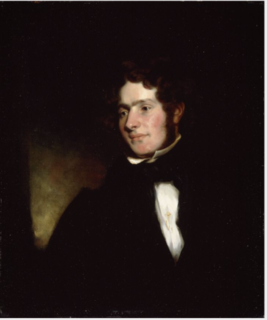A Quote by Jeffrey R. Holland
Perhaps no more beautiful passages have ever been written about the Savior's atonement and crucifixion than those written by Isaiah.
Related Quotes
Those who find ugly meanings in beautiful things are corrupt without being charming. This is a fault. Those who find beautiful meanings in beautiful things are the cultivated. For these there is hope. They are the elect to whom beautiful things mean only Beauty. There is no such thing as a moral or an immoral book. Books are well written, or badly written. That is all.
One of my great experiences in life was to be interviewed on a late-night talk show by a guy named Tom Snyder. He was interviewing me on a book I had written on the New Testament of the Bible called Rescuing the Bible from Fundamentalism, and we talked about the dating of the books of the New Testament, and I said, "Well, the consensus is that the gospels were written some forty to seventy years after the crucifixion." And he stopped me and said, "Wait a minute, Bishop, that means they couldn't have been written by eyewitnesses."
I never felt like a happy-go-lucky ingenue to begin with. And parts are written better when you're older. When you're young, you're written to be an ingenue, and you're written to be a quality. You're actually not written to be a person, you're written for your youth to inspire someone else, usually a man. So I find it just much more liberating.
What a joy it is to read a book that shocks one into remembering just how high one's literary standards should be.... a tour de force by one of England's best novelists.... Atonement is a spectacular book; as good a novel - and more satisfying... - than anything McEwan has written....sublimely written narrative.... The Dunkirk passage is a stupendous piece of writing, a set piece that could easily stand on its own.
For every Book of Job, there's a Book of Leviticus, featuring some of the most boring prose ever written. But if you were stranded on a desert island, what book would better reward long study? And has there ever been a more beautiful distillation of existential philosophy than the Book of Ecclesiastes?
I write about the period 1933-42, and I read books written during those years: books by foreign correspondents of the time, histories of the time written contemporaneously or just afterwards, autobiographies and biographies of people who were there, present-day histories of the period, and novels written during those times.





































